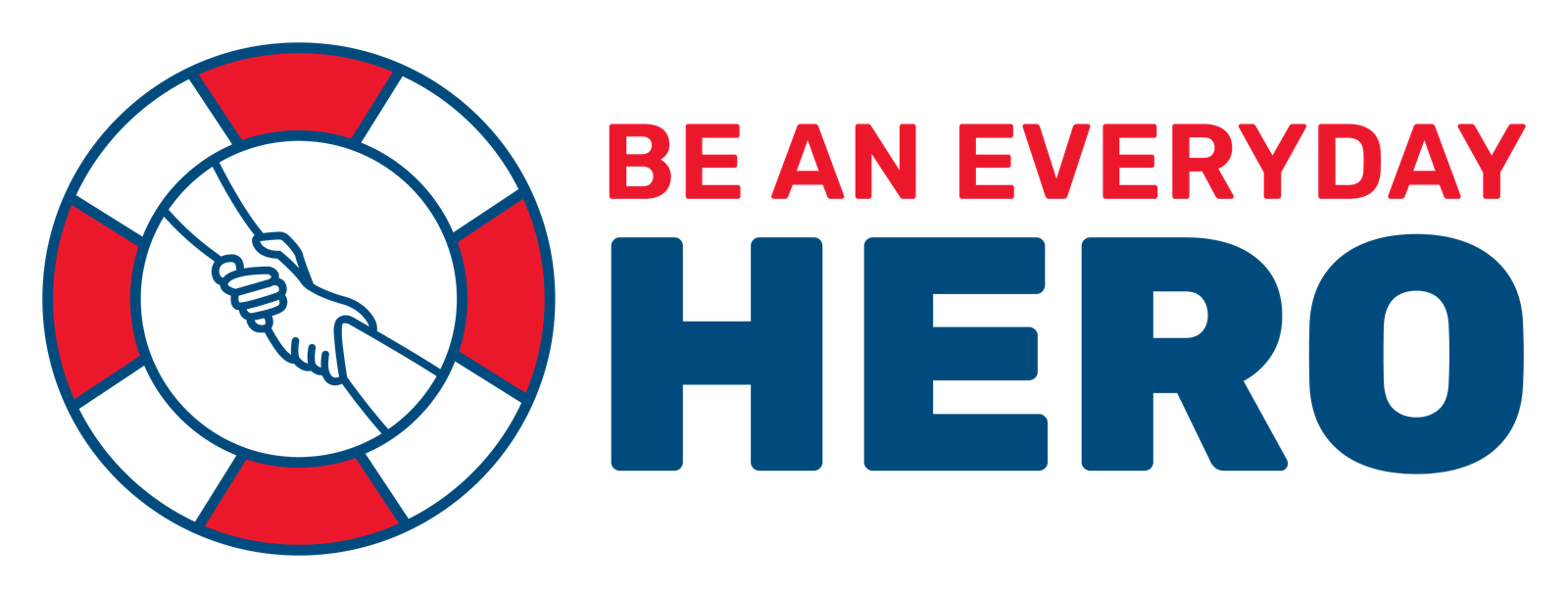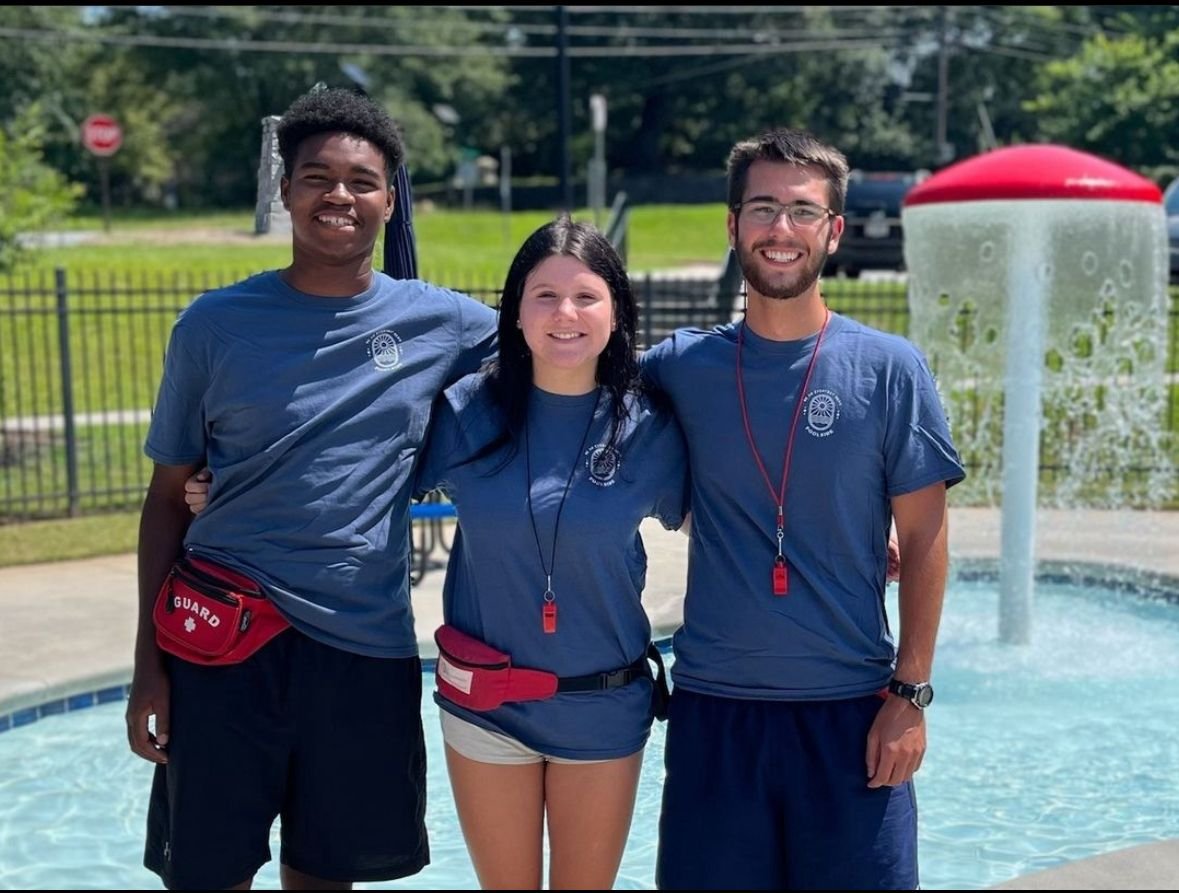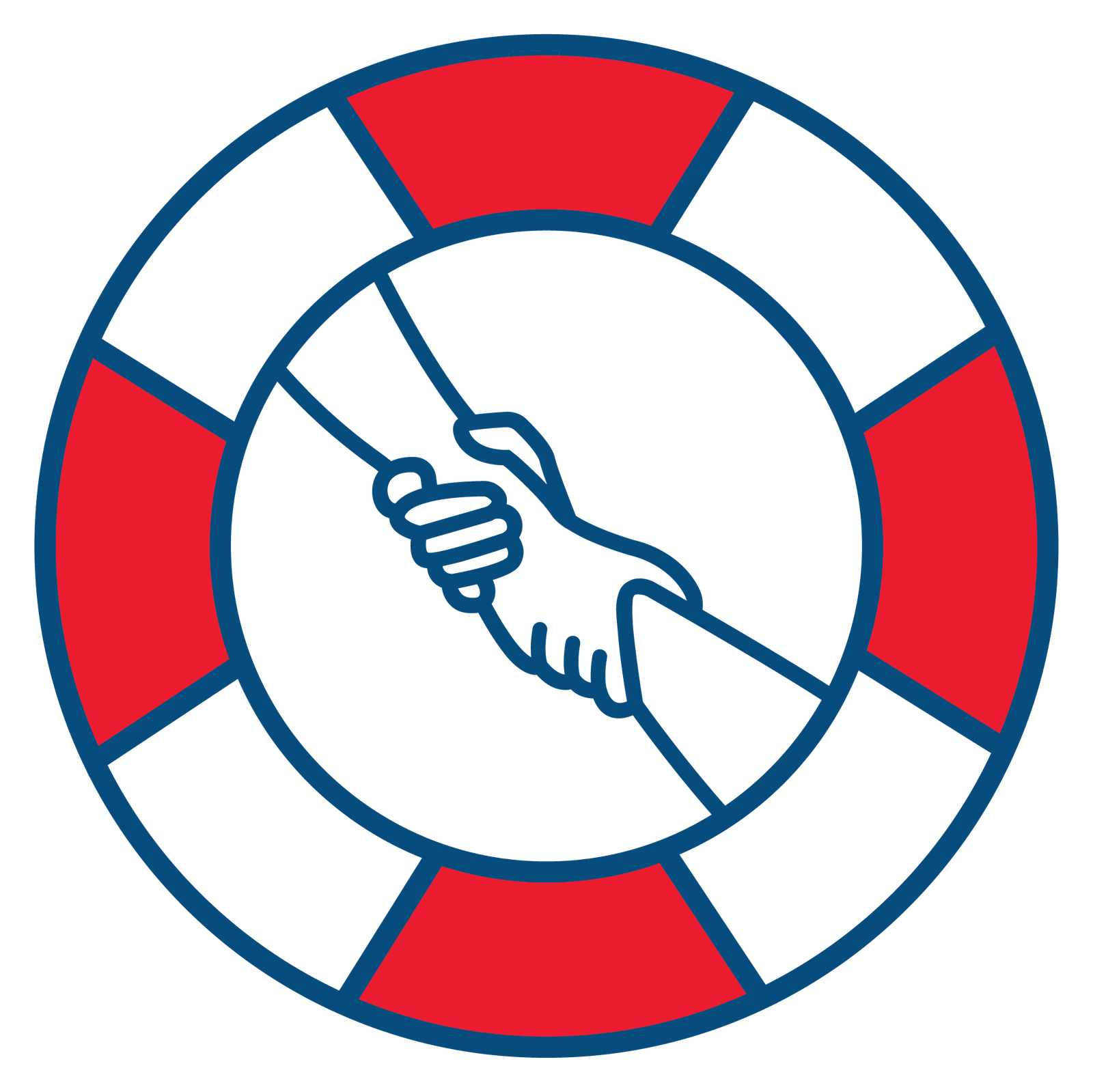Join the Movement

About The Movement
Conceived by Craig Sears and drawing inspiration from the Heroic Imagination Project spearheaded by renowned psychologist Dr.Philip Zimbardo, The Everyday Hero Movement is dedicated to celebrating lifeguards as exemplary everyday heroes while recognizing the extraordinary potential within each individual. By highlighting the remarkable actions of lifeguards alongside other everyday individuals, we aim to educate and enlighten communities about the diverse forms heroism can take.


Celebrating Everyday Heroes

Our dedication to spotlighting heroism in everyone is fueled by our belief in the transformative influence of individual action. It's the decisive steps lifeguards take that inspire others and ignite positive change. Through compelling storytelling and education, we aim to foster a culture that values and uplifts individuals from diverse backgrounds, recognizing the pivotal role each lifeguard plays in enriching their communities. Join us in sharing tales of lifeguard heroism, spreading kindness, and contributing to a global community that celebrates the extraordinary efforts of everyday heroes, including lifeguards, who bravely safeguard lives and inspire others through their unwavering commitment.
Become an everyday hero
Show you are an everyday hero in the lifeguard community! Join the movement by following our Instagram page and reach out to us about ordering a t-shirt!
Why are lifeguards often missing in the conversation about heroes?

Not Recognized as First Responders by the general public
While lifeguards are often the first responders in water-related emergencies, they may not be officially recognized as such in the same way that paramedics or firefighters are, leading to a lack of acknowledgment.

Perception of a "Relaxing" Job
Lifeguarding is sometimes perceived as a laid-back job, especially when the pool or beach appears calm. This perception may lead to the undervaluing of the skills, training, and constant vigilance required for effective lifeguarding.

Seasonal Employment
Lifeguarding is often a seasonal job, particularly in areas with distinct summer seasons. This can contribute to the perception that it's a temporary or part-time job, potentially diminishing its perceived importance.

Youthful Workforce
Many lifeguards are young individuals, often high school or college students. This demographic factor may contribute to a perception that lifeguarding is an entry-level job and doesn't require advanced skills or experience.

Behind the Scenes work
Lifeguards often work behind the scenes, not only safeguarding lives but also ensuring the safety of aquatic facilities for public use—a crucial yet often overlooked aspect of their role. Their efforts in facility maintenance are essential for ensuring that everything runs smoothly and that potential hazards are mitigated.

Lack of Public Awareness
Some people may not fully understand the extensive training and certifications that lifeguards undergo. Educating the public about the responsibilities and skills required for lifeguarding could enhance appreciation.

Media Representation
Lifeguarding is sometimes portrayed in a stereotypical manner in media, emphasizing the "Baywatch" image, which can overshadow the serious and responsible aspects of the job.

Prevention vs. Intervention
Lifeguards prioritize prevention, yet both prevention and response are equally vital in their role. Through proactive measures, they prevent emergencies and respond swiftly when incidents occur. However, the proactive nature of their prevention efforts often remains unnoticed by the public.

